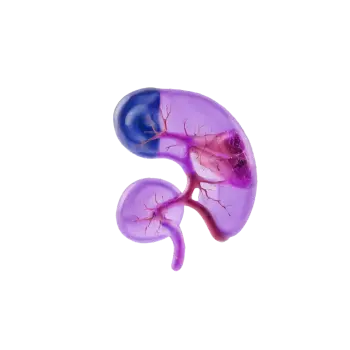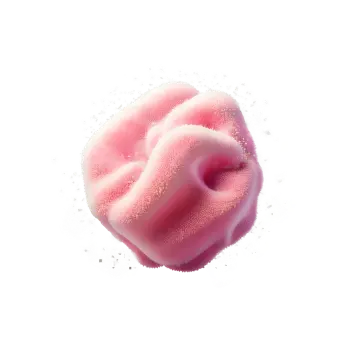Quick version
Your urine can tell you a lot about your health. Here's a quick guide on what the color and smell of your urine can indicate:
Appearance of urine- Clear to light yellow: Normal and indicates you are well hydrated.
- Dark yellow to amber: May indicate mild to moderate dehydration. Drink more water to stay better hydrated.
- Red or pink: This may be due to blood in the urine. Contact a doctor immediately if you think you have blood in your urine.
- Dark brown: A dark brown color can be caused by dehydration or liver/gallbladder disease.
- Curdy or milky: May indicate, for example, a urinary tract infection or kidney stones.
- Frothy urine: May be a sign of protein (egg white) in the urine and kidney disease.
- Mild or neutral smell: Indicates that it is normal urine.
- Sweet smell: May be a sign of diabetes.
- Strong, ammonia-like odor: May indicate dehydration or infection.
- Foul-smelling urine: May be due to a urinary tract infection, certain foods, or medications.
It is important that you contact your doctor if you are concerned about your urine.
What can cloudy urine be a sign of and why does urine smell bad?
The smell and appearance of the urine can be anything from light yellow transparent with a neutral smell to dark yellow, cloudy and smelly, this can indicate different health conditions such as mild or moderate dehydration to the consumption of different foods or more serious health conditions.
Appearance of urine
Ready to light yellowClear to pale yellow urine is normal and indicates that you are well hydrated and that your kidney function is working properly. This color comes from urochrome, a pigment produced when the body breaks down hemoglobin.
Dark yellow to amberDark yellow or amber colored urine may indicate mild to moderate dehydration. If your urine is this color, try drinking more water.
Red or pinkRed or pink urine can be alarming. Although it can be due to harmless causes such as eating beets or blueberries, it can also indicate blood in the urine (hematuria), which can be due to infections such as urinary tract infection, kidney stones or more serious conditions such as kidney disease or cancer. If you experience this, see a doctor immediately.
Dark brownDark brown urine can be caused by severe dehydration or consumption of certain foods or medications. It can also be a sign of liver or gallbladder disease, especially if accompanied by light-colored stools and yellowish skin (jaundice).
Curdy or milkyCurdy urine can indicate a urinary tract infection (UTI) or kidney stones. It can also be due to excess protein or other minerals in the urine. If the cloudiness is persistent, you should seek medical attention.
Frothy urineFrothy urine can be a sign of proteinuria, which means there is too much protein (egg white) in the urine, often a sign of kidney disease.
The smell of urine
Mild or neutral smellNormal urine has a mild or neutral odor. If your urine suddenly starts to smell stronger for no apparent reason, it may be worth investigating.
Sweet smellSweet or fruity odors can be a sign of diabetes. This is due to the presence of sugar in the urine, which occurs when blood sugar levels are high.
Strong, ammonia-like smellA strong, ammonia-like odor can be a sign of dehydration. It may also indicate an infection or liver disease.
Smelling urineSmelling urine can be caused by a urinary tract infection, certain foods, or medications. If the smell persists, it is advisable to seek medical advice to rule out underlying health problems.
Increased and decreased frequency
In addition to color and smell, it is also good to keep track of how often and how much you urinate if you suspect that there is an underlying cause for changes in your urine.
Increased urinary frequency may be due to excessive fluid intake, especially caffeine or alcohol. It can also be a sign of diabetes or a urinary tract infection.
Decreased urinary frequency may indicate dehydration, diabetes or kidney problems such as kidney failure. If you notice a significant decrease in your urine production, you should contact a doctor.
ConclusionYour urine can tell you a lot about your health. By paying attention to color, smell, frequency and content, you can get early indications of potential health problems. If you notice anything unusual with your urine, do not hesitate to contact a doctor for a thorough examination.

























